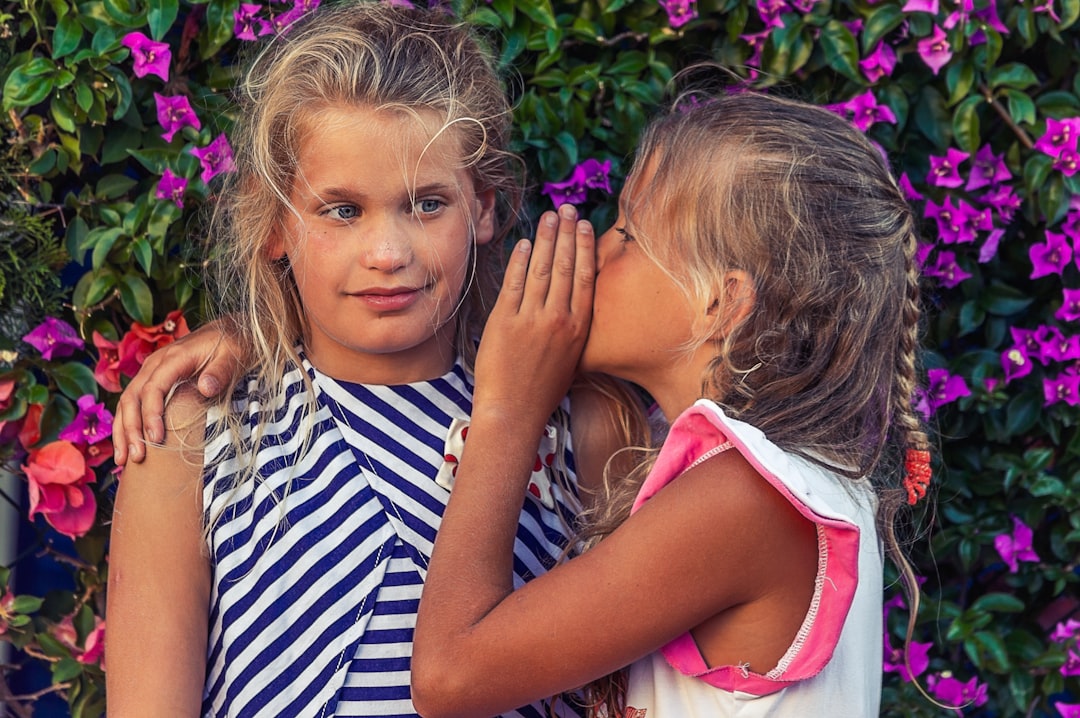Thanks for reading Raising Good Humans on Substack. Please consider a paid subscription to support this work and get access to my invite only Ask Me Anything Parent Group at the end of every month. Paid subscribers will also get a preview of my new book, and the chance to participate in a book club in the Fall. Founding members on Substack also receive a private 1:1 consultation with me, where we can focus on any of the issues that matter most to you.
In this week’s episode, I had the chance to talk about the difference between secrecy and privacy with psychotherapist and author of Maybe You Should Talk to Someone, Lori Gottlieb. As we discussed, sometimes our well-intentioned desire to protect and to be close with our children can actually interfere with their ability to create a private space for themselves - not just physically but in their minds. This type of overparenting (apologies for using such a blame-y term) is so understandable, and though it comes from a place of love, can limit our children’s development.
When we talk about secrecy between a child and their parents, we often refer to the idea that a child cannot take accountability for an action, perhaps because they are afraid of their parent's reaction. Secrecy can cause distance in relationships, and can reveal a breakdown in the safety and security of the connection between a child and their parent. Secrecy is often confused with privacy, but they are NOT the same.
Privacy is the idea that your child has some moments in their day - some thoughts, some desires, some interactions - that they do not share with you. A “room in our own mind and our own heart,” as Lori says. We all need this room (both physically and metaphorically) to have space, to have solitude, to just sit with ourselves. It isn’t about negative thoughts or feelings, but just a moment we want to keep to ourselves…and perhaps we seek escape from the prying and potentially overbearing eyes and ears of our parents. Sometimes, when the adults around us are so focused on our every move, it can be hard to find this privacy.
Take for example, the way parents may respond to their child after school. We may ask dozens of questions based on our knowledge of what they were feeling that morning. How was their test? Who did they sit with at lunch? What did the teacher say about their missing homework? How did their friends react to their new haircut? The list goes on and on. This type of intensity upon every moment of their existence, is what Dr. Gottlieb refers to as “interviewing for pain.” Though well intentioned, when we interview for our children’s pain, we are essentially hunting for things we need to protect them from, and leave no room for them to select what to share.
We all need space to understand and grow as an autonomous person. Autonomy is one of our basic needs as humans - the chance to feel that we can act on our own and impact the world around us. Children need to feel somewhat independent, capable and competent in order to grow, stretch, and eventually care for themselves. Creating the space for privacy, for our children to avoid interrogation at the end of a day, allows this autonomy to develop.
This begins with trust. Can we respect our children enough to give them some amount of privacy and an appropriate amount of autonomy in their actions? Can we allow them to do the many tasks they are capable of doing? Can they make decisions for themselves when the stakes are low? Do we trust they can learn through their own mistakes and missteps? Can we be more casual in our interactions with them and allow them some silence? Can we back off just a little, with the knowledge that we are right there when we are needed? Can we have faith that our relationship is strong enough to withstand some privacy?
Making sure we are a safe harbor does not mean that our children and teenagers NEED to disclose every thought, feeling, and moment of their day. It means that they know that we are a person who is reliably there when they need us; that we will reliably care for and comfort them; and that we will respect them enough to allow them to be who they are.
If we can lift a little of the intensity around our children, we will have a wider capacity to be present and connected. Not to worry, not to teach, not to manage. Just to be. Let’s find the moments of genuine connection that happen when we haven’t planned them, or that appear in the silence that we allow. Our job is to connect with the human in front of us - and to get to know and understand them from their vantage point, and not our own.






I enjoy keeping a separation between our home and school life. My kids are exhausted by the end of the day and want to move on!
Which your country